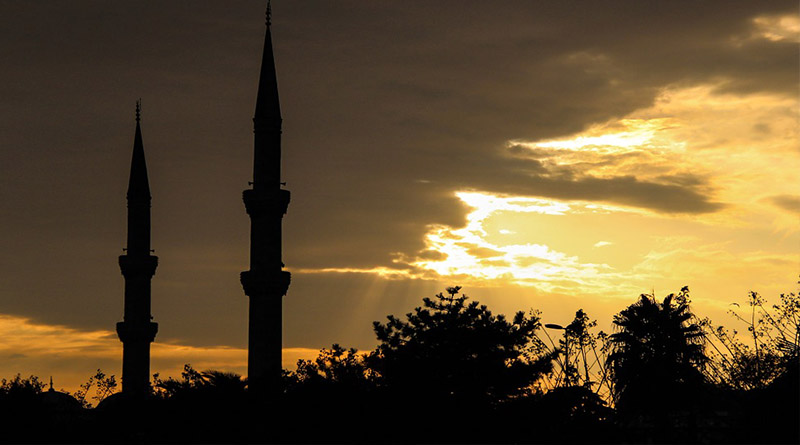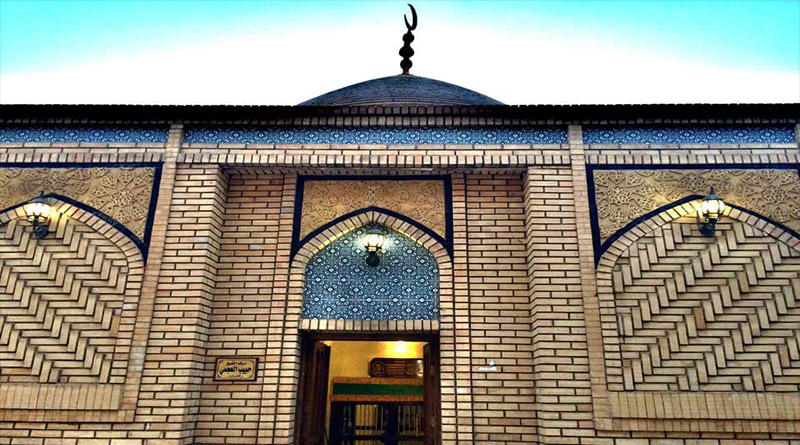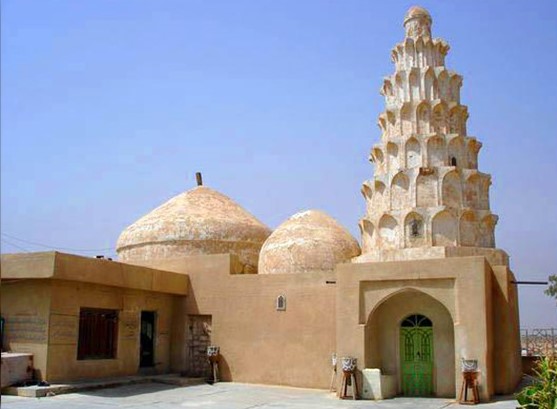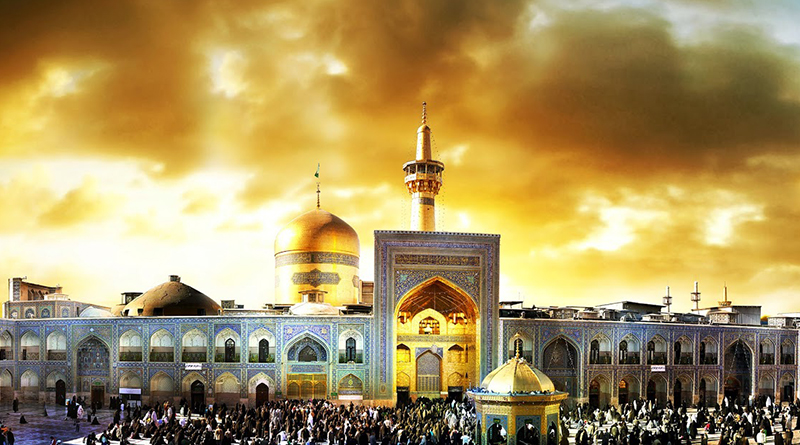The Tariqa: Unbounded Worship and Determination, Not Permission
Another approach to understanding the path (tariqa) is to study the nature of the relationship between the worship practices in both the path (tariqa) and the law (sharia). It is known that the obligations of sharia are defined in type, quantity, and time. For instance, there is the daily prayer in its five specific times and the fasting during the month of Ramadan. However, these acts of worship, revealed by Allah Almighty, are not intended to represent everything a person must do in terms of devotional duties toward their Lord. The fact that they are specifically designated as obligatory (fard) does not imply they encompass all of a person’s devotional duties. This becomes very clear when studying the life of the Prophet Muhammad ﷺ, who consistently performed many additional acts of worship known as voluntary prayers (nawafil) in addition to the obligations of sharia. In fact, his voluntary prayers far exceeded the obligatory ones he diligently observed.
The Prophet’s Devotion to Voluntary Worship
Allah Almighty said, “From the decline of the sun to the end of the darkness of the night, establish the morning prayer, because the morning prayer is always accompanied by the presence of angels.” (Al-Isra: 78-79)
Among these voluntary acts (or Sunnah) were prayers that the Prophet ﷺ performed before or after the obligatory ones, such as the two units (rak’ahs) of Sunnah prayer for the evening (Isha) prayer—two units before the obligatory prayer and two after. The Prophet ﷺ also had specific supplications and other voluntary acts of worship. In fact, he would worship his Lord until his blessed feet became swollen, even though Allah had bestowed His favor upon him like no other: “And God’s grace upon you was great.” (An-Nisa: 113)
The Prophet’s Intense Worship
When he was asked why he worshipped so intensely despite Allah’s immense favor upon him, he replied, “Shall I not be a grateful servant?”
The Obligations of Sharia
The obligations of sharia represent the minimum acts of worship that a Muslim must perform, distinguishing a Muslim from a non-Muslim. This is why the Prophet ﷺ said, “Prayer is the pillar of religion; whoever abandons it destroys religion.” However, the limited acts of sharia worship are not sufficient to fulfill the divine command expressed in the verse: “And I did not create the jinn and mankind except to worship Me.” (Quran 51:56)
Therefore, performing voluntary acts of worship is the path to making one’s entire life a life of pure worship.
Sharia and the Path
Since the path (tariqa) consists of the actions of the Prophet ﷺ, and the obligations of the path are a specific part of the Prophet’s devotional practices, it becomes clear that the obligations of sharia are a part of the path, which is the total, unbounded acts of worship to reach Allah Almighty. In explaining the relationship between sharia and the path, Shaykh Muhammad al-Kasnazan said: “Sharia is the framework of the path, and the path is the core of sharia; there is no path without sharia, and no sharia without the path.”
The Relationship Between Sharia and the Path
Thus, sharia surrounds the path as a framework, making it impossible for one to practice the path without adhering to sharia. Shaykh Muhammad al-Kasnazan’s analogy of sharia as a framework compared to the core, which is the path, shows that sharia is not the ultimate goal but rather the starting point, a beginning from which one should not stop but only start. It is the beginning of the longer and more challenging road represented by the path and its voluntary acts of worship. Therefore, anyone who becomes a disciple of the Kasnazani path must commit to the obligations of sharia, such as daily prayers, before beginning the practices of the path, like recitations and others.
The True Nature of the Path and Sharia
The true nature of the relationship between the path (tariqa) and sharia reveals the major error of those who claimed that the path and sharia are two different approaches. Throughout history, individuals and groups have asserted that the path leads to knowledge of Allah Almighty without the need to adhere to the obligations of sharia, attempting to create a division between traditional religious worship and the path. In today’s world, there are various forms of such claims, particularly promoted by some Sufi movements in the West, which have falsely associated themselves with the path.
Shaykh al-Junayd’s Denouncement of Deviations
When Shaykh al-Junayd al-Baghdadi (may Allah sanctify his soul) heard a man claim, “Those who truly know Allah reach a level where they abandon ritual actions [meaning acts of worship] as a way of devotion and drawing nearer to Allah,” he denounced this statement and replied, “This is the statement of people who talk of abandoning deeds, which to me is a grave sin. A thief or an adulterer is in a better state than one who says this. The true knowers of Allah have received their deeds from Allah and will return to Him through them. Even if I were to live a thousand years, I would not abandon an atom’s weight of good deeds unless I were physically prevented from doing so.”
The Path and Sharia: Complementary, Not Separate
Thus, the people of the path have not deviated from the way established by the Prophet ﷺ. Abu Uthman said, “Outward deviation from the Sunnah, my son, is a sign of hidden hypocrisy.”
Sharia and the Path: “My Words and My Actions”
Another way to view the relationship between sharia and the path (tariqa) is through the Prophetic saying: “Sharia is my words, and the path is my actions.” Since sharia represents the words of the Prophet ﷺ and the path his actions, then sharia serves as the interpretation of the path. Thus, any actions not affirmed as true by sharia are not considered acts of the path, meaning they are not among the actions of the Prophet ﷺ. This interpretation also explains Shaykh Muhammad al-Kasnazan’s statement: “Sharia is the framework of the path.”
Shaykh Abdul Karim al-Kasnazan on the Path
Shaykh Abdul Karim al-Kasnazan said: “If the actions, deeds, or words of the disciple contradict any ruling of sharia or the Quran, they are outside our path.” This signifies that the relationship between sharia and the path is complementary.
References
- 1 – Al-Isra: 78-79: “From the decline of the sun to the end of the darkness of the night, establish the morning prayer, because the morning prayer is always accompanied by the presence of angels.”
- 2 – An-Nisa: 113: “And God’s grace upon you was great.”
- 3 – Quran 51:56: “And I did not create the jinn and mankind except to worship Me.”
Source: *The Path to the Path*, pp. 15–22.




